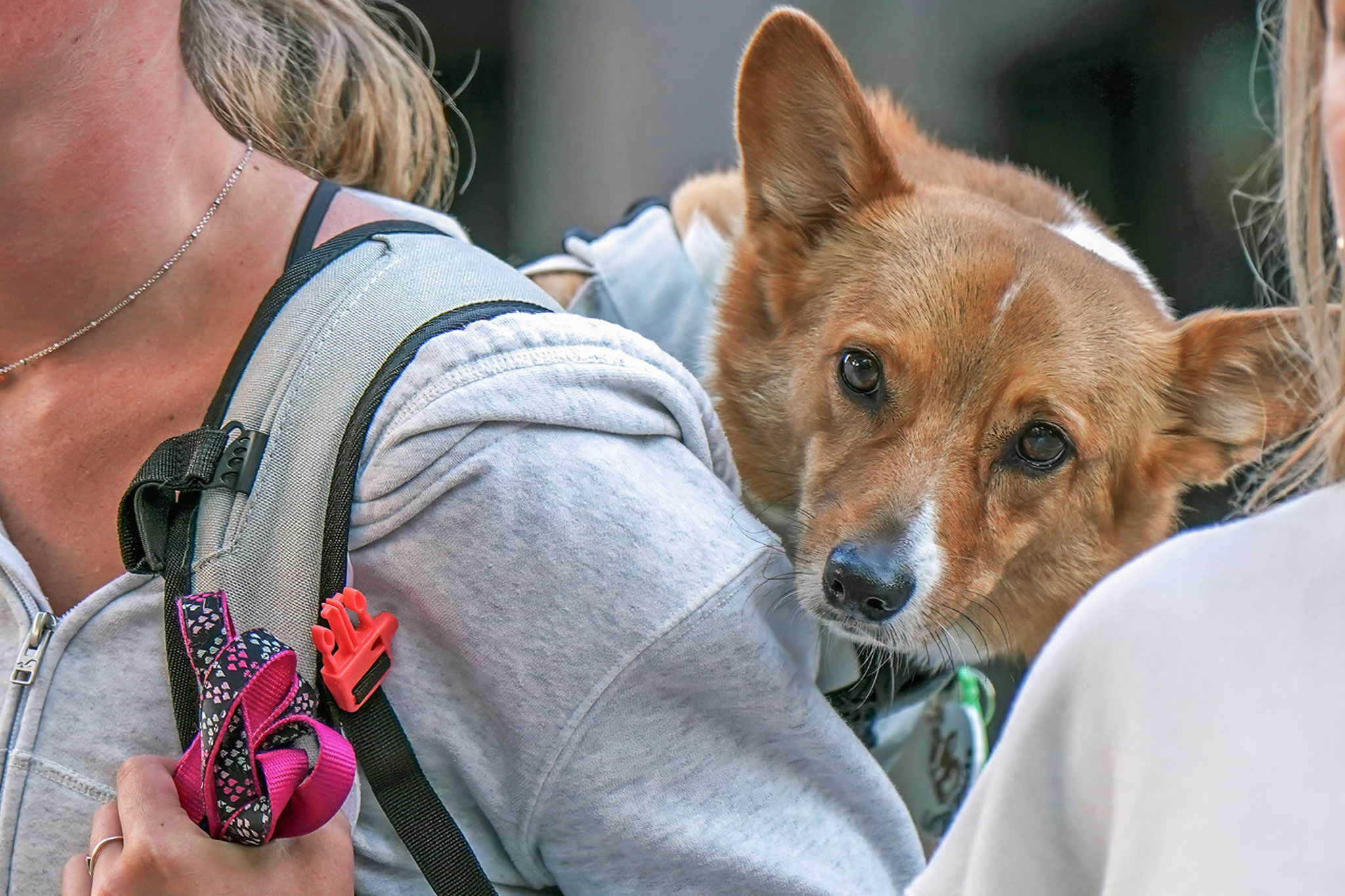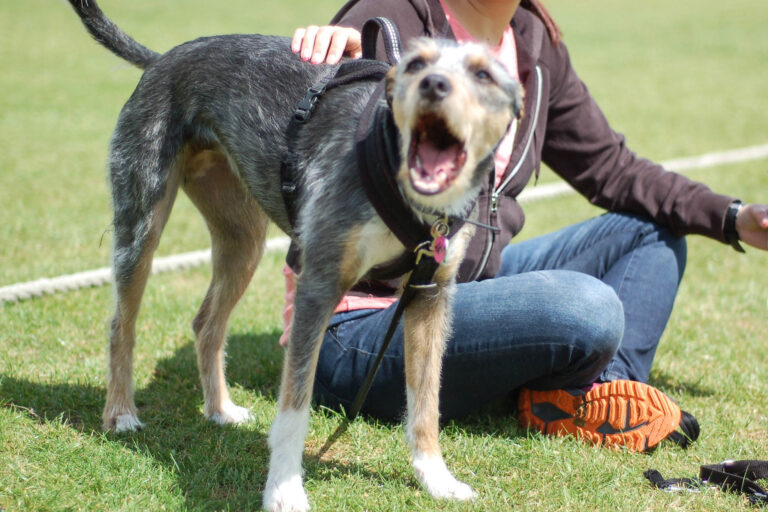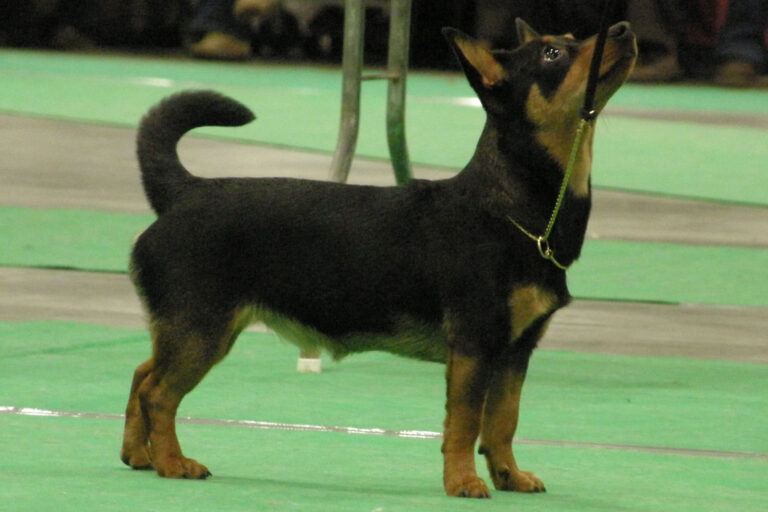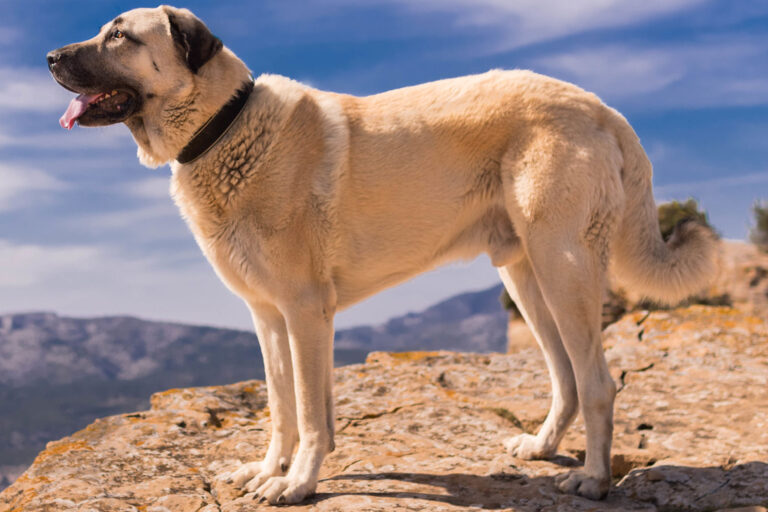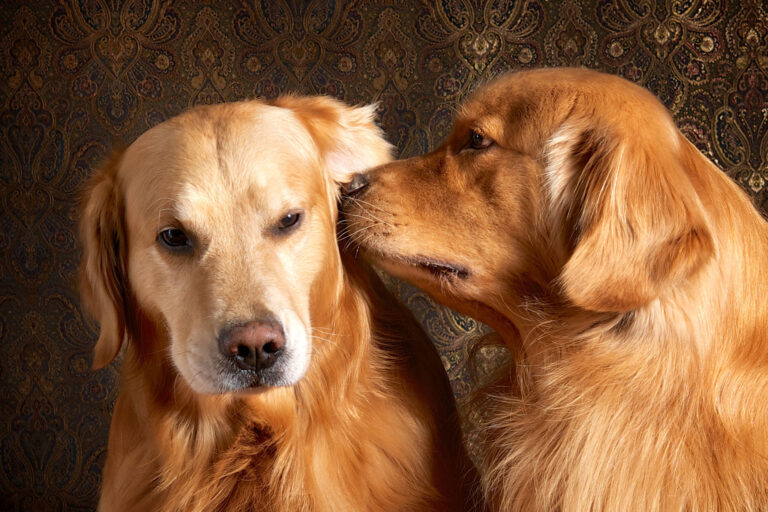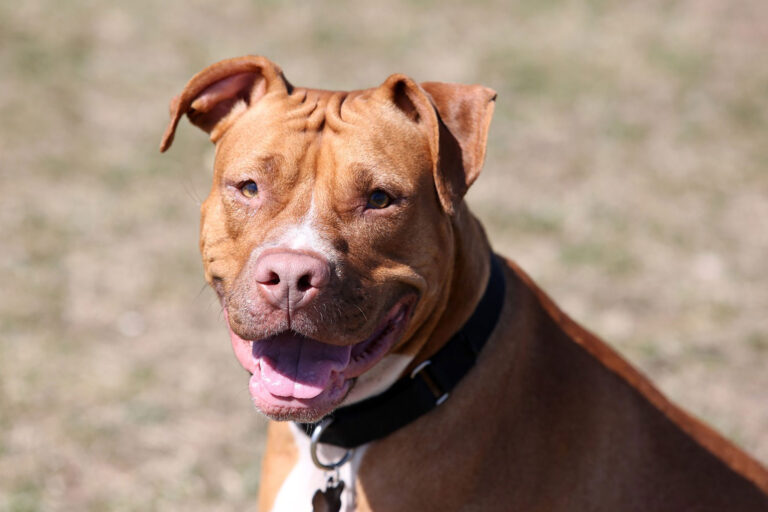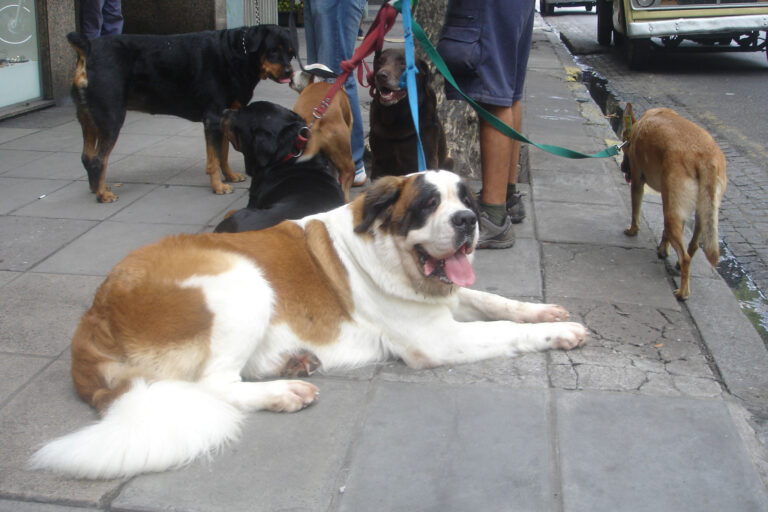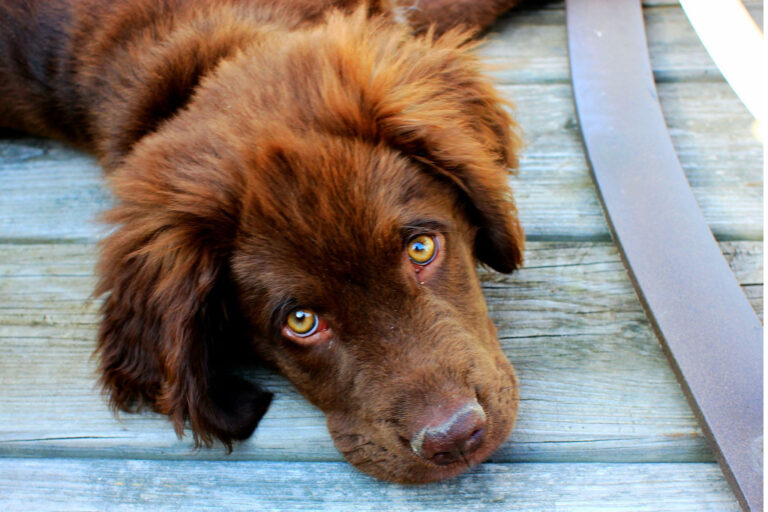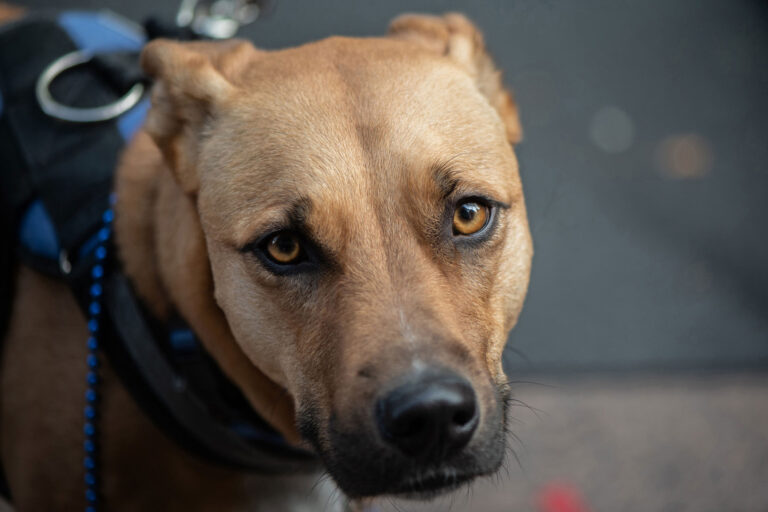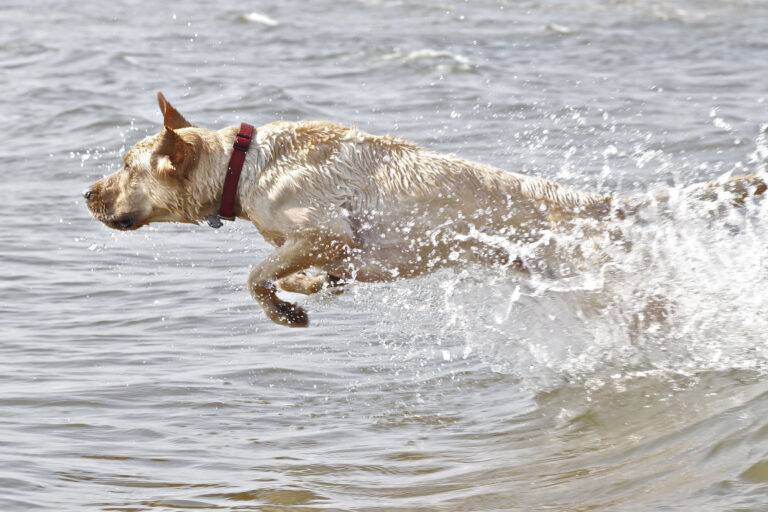In the intricate dance of life with our canine companions, unexpected challenges often arise. Among them, the harrowing scenario of our beloved dogs inadvertently ingesting alcohol can be a source of panic and confusion. How should one navigate such a perilous situation? And, perhaps more crucially, how much alcohol is toxic to dogs? Let’s embark on a journey of understanding and preparedness, equipping ourselves with the knowledge needed to safeguard our furry friends’ well-being.
Assessing the Gravity: Understanding the Risks
Picture this: a spilled glass of wine, an unattended cocktail, or a mischievous pup with a penchant for exploration. In a moment of curiosity or opportunity, your dog indulges in a sip of alcohol, unaware of the potential dangers lurking within. But make no mistake—alcohol ingestion poses significant risks to dogs, regardless of the quantity consumed.
Understanding Alcohol Poisoning in Dogs
Alcohol, in any form, can wreak havoc on a dog’s delicate system. Ethanol, the intoxicating agent in alcoholic beverages, is rapidly absorbed into the bloodstream upon ingestion. From there, it can lead to a range of adverse effects, including:
- Disorientation
- Coordination problems
- Vomiting
- Diarrhea
- Respiratory depression
- Central nervous system depression
- Hypoglycemia (low blood sugar)
- Coma
- Death
How Much Alcohol is Toxic to Dogs?
The toxicity of alcohol in dogs is not solely determined by the type of beverage consumed but also by the amount ingested and the size of the dog. As a general rule, even small quantities of alcohol can have detrimental effects on dogs. However, the lethal dose varies depending on factors such as the dog’s weight, age, and overall health.
To put it into perspective, ingesting as little as 0.1-0.3 ounces of ethanol per pound of body weight can result in severe intoxication in dogs. For example, a 20-pound dog could experience significant effects from consuming just 2-6 ounces of alcohol.
What to Do If Your Dog Drinks Alcohol
- Stay Calm: In the event that your dog ingests alcohol, remain calm and composed. Panicking will only hinder your ability to assess the situation and take appropriate action.
- Assess the Situation: Determine the type and quantity of alcohol your dog consumed. If possible, note the time of ingestion and any symptoms your dog may be experiencing.
- Contact Your Veterinarian: Immediately reach out to your veterinarian or an emergency veterinary clinic for guidance. Provide them with pertinent details and follow their instructions closely.
- Observe Your Dog: Monitor your dog closely for any signs of alcohol poisoning, such as vomiting, diarrhea, disorientation, or difficulty breathing. Be prepared to provide this information to your veterinarian.
- Do Not Delay Treatment: Time is of the essence when dealing with alcohol poisoning in dogs. Even if your dog appears fine initially, it’s essential to seek veterinary care promptly to prevent complications.
A Call to Vigilance and Preparedness
In the realm of pet ownership, foresight and preparedness are invaluable assets. By understanding the risks associated with alcohol ingestion in dogs and knowing how to respond effectively, we can protect our furry friends from harm. Remember, in the face of adversity, knowledge is power—and it may just save a life.
So, the next time you’re faced with the daunting question of what to do if your dog drinks alcohol, rest assured that you’re equipped with the tools and knowledge needed to navigate the situation with confidence and care.

Dr. Carolyn Stafford’s route to veterinary medicine demonstrates her steadfast commitment and enthusiasm for furthering the science of anatomic pathology.
Subscribe my Newsletter for new blog posts. Stay updated from your inbox!

